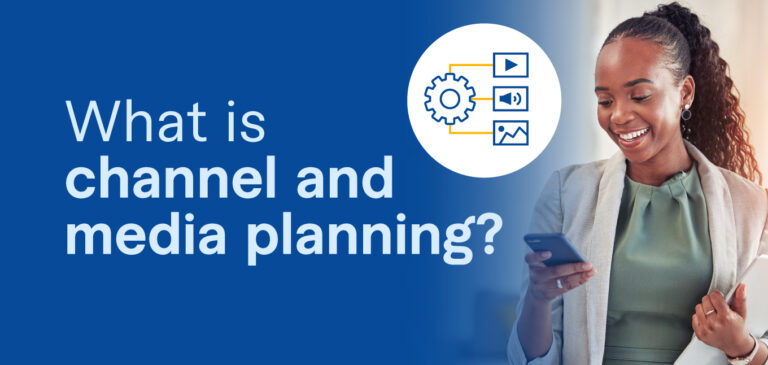In November 2021, an author named “Dr. Rick” released his book, “Dr. Rick Will See You Now: A Guide to Un-Becoming Your Parents.” As of May 2022, the free ebook boasts a 4.5-star rating on Amazon from more than 1,000 ratings. Some of the 5-star reviews mention “good and practical advice,” “fun read” and “absolutely hilarious”.
What’s even more impressive? Dr. Rick is not a real author. He’s a character created by the insurance brand Progressive. He’s heavily featured in the company’s memorable TV ads illustrating ways Millennials are slowly turning into their parents. Can anyone else relate to having too many throw pillows at home?
The fact that Progressive created an entire how-to book full of amusing, illustrative tips for how to avoid becoming your parents presents an amazing example of how to use humor in content marketing. The book is indeed helpful if you really do want to avoid becoming your parents. And Progressive creating it and giving it away for free solidifies the brand in readers’ memories.
You can apply the powerful use of humor in marketing to your own brand. Think about your content marketing goals. They might be:
- To connect with your leads and customers
- To build trust and authority
- To address the pain points of your target audience
- To create relationships so strong that your leads convert to sales
One way to achieve all these objectives is to use humor to create an emotional connection with your audience. Humor in advertising statistics show its efficacy. According to the Nielsen 2021 Trust in Advertising Study, a poll of 40,000 people around the globe, consumers are most interested in seeing humor-oriented ads. Humor appeal in advertising examples beats out ads with celebrity and athlete endorsements, as well as family- and value-oriented ads.
Even the most serious B2B brands can benefit from using humor to make their content marketing more effective. Here’s what to consider when using humor in content marketing.
What part does humor play in communication?
First, it’s helpful to understand the psychology behind why humor can be so effective. According to educators on a recent Stanford Business podcast, humor can enable you to:
- Connect with your audience
- Elevate status and foster trust
- Appear more confident
- Compel others to your point-of-view
- Grab attention and make your message stand out
When we find something funny, our brain releases the hormone called oxytocin, the same hormone that’s released during sex and childbirth, which creates a bonding effect. By making someone laugh, you can create an emotional bond that makes the person feel closer to your brand.
Laughter also releases another feel-good chemical – dopamine. Dopamine can enhance attention, motivation and learning. These are all great responses when you’re trying to use content marketing to attract customers and motivate them to purchase.
Plus, humor is memorable. A study on the effect of humor and mood on memory recall, published in “Procedia – Social and Behavioral Sciences,” found a positive effect between humorous content and recall. Humor elicits a physical response, which makes us remember the experience better.




